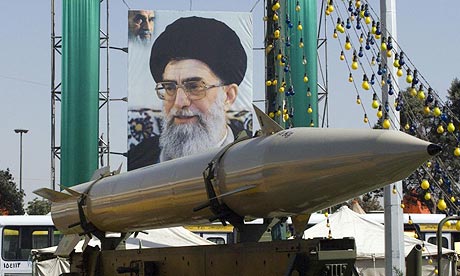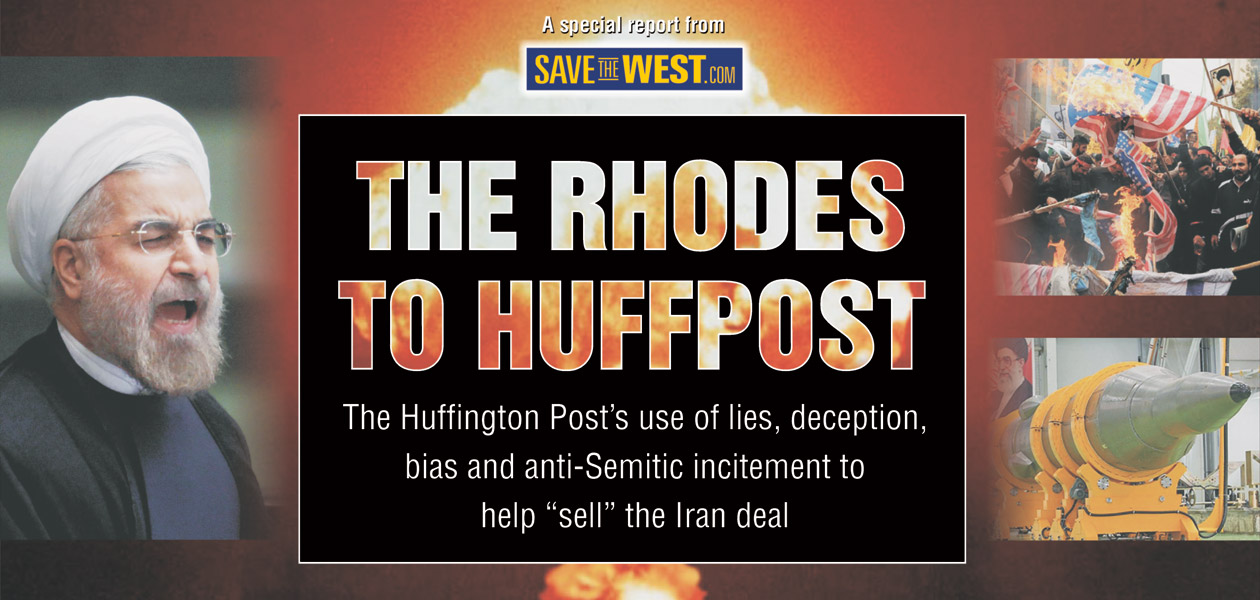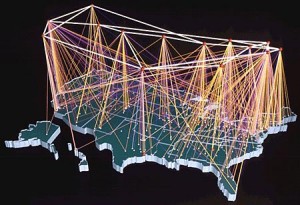.
W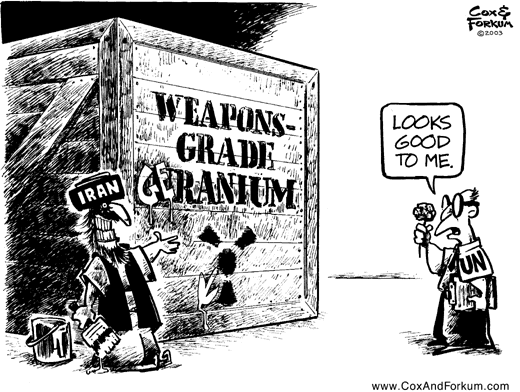 e are swimming in assurances from the Obama administration, the U.N., the “news” media and (Iranian–aligned) activist groups that Iran sincerely wants to reach a peaceful resolution with the West, in regards to the controversy over its nuclear weapons program. Between these assurances and the endless, nonsensical “news” stories that fill our TV screens and smartphone displays, we are being lulled into a state of potentially deadly complacency.
e are swimming in assurances from the Obama administration, the U.N., the “news” media and (Iranian–aligned) activist groups that Iran sincerely wants to reach a peaceful resolution with the West, in regards to the controversy over its nuclear weapons program. Between these assurances and the endless, nonsensical “news” stories that fill our TV screens and smartphone displays, we are being lulled into a state of potentially deadly complacency.
So argued former CIA Director James Woolsey, and EMP expert Peter Vincent Pry recently in a Washington Times editorial. Excerpt:
Our attention these days with regard to security is understandably riveted on the Islamic State, or ISIS, and its hideous decapitations, rapes and live immolations. We must deal with the Islamic State, but it is not the gravest threat we face. The Israelis are right — we should awaken to the fact that the coming of a nuclear Iran holds special dangers and requires particularly urgent attention. There are four driving reasons.
First, the Mideast abounds in clashing religious beliefs, but there is special danger in the Shiite doctrine held by many Iranians, including some of Iran’s national leaders: The return of the hidden Imam will bring the war that ends the world and creates heavenly bliss for believers. As America’s dean of Mideast studies, Bernard Lewis, puts it: During the Cold War, Mutual Assured Destruction was a deterrent; today it is an inducement.
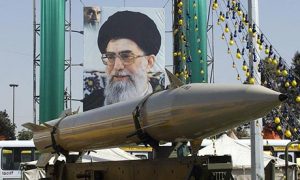 Second, Iran works very closely with North Korea on its nuclear and missile programs. Consequently, it has the ballistic missile capacity to launch weapons of substantial size and intercontinental range against us, or to orbit satellites above us.
Second, Iran works very closely with North Korea on its nuclear and missile programs. Consequently, it has the ballistic missile capacity to launch weapons of substantial size and intercontinental range against us, or to orbit satellites above us.
So troubling is this capability — in the hands of either Iran or North Korea — that nine years ago, based on the ability of North Korea’s Taepodong missile to carry a nuclear warhead to intercontinental range, the current secretary of defense, Ashton Carter, and a prominent former secretary, William Perry, urged in a 2006 oped a pre-emptive strike against the then-new North Korean long-range missiles on their launch pads. As the two secretaries put it then, “Intervening before mortal threats to U.S. security can develop is surely a prudent policy.” Their view was that our ballistic missile defense capabilities were unproven and should not be relied upon for such an important task. “Diplomacy has failed,” they said, “And we cannot sit by.”
Read the rest here.
And share it with your friends. Today.
.

